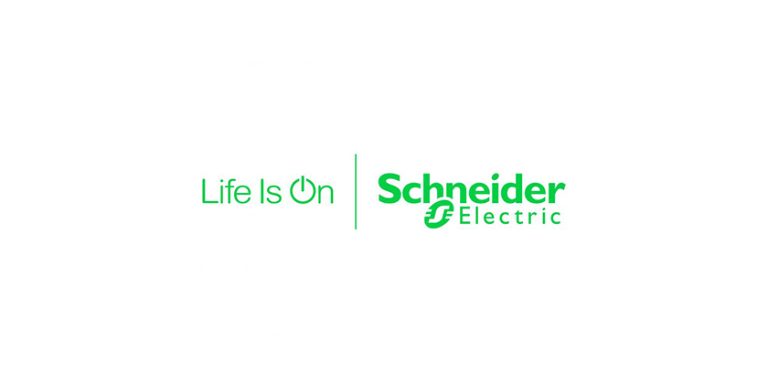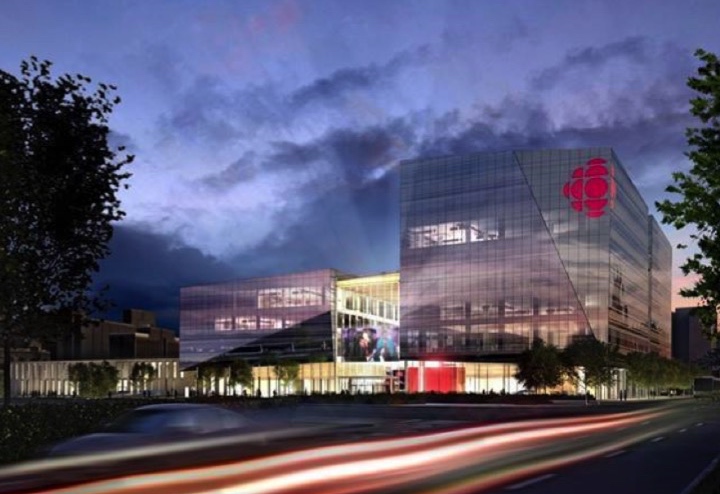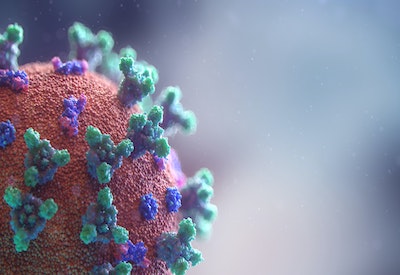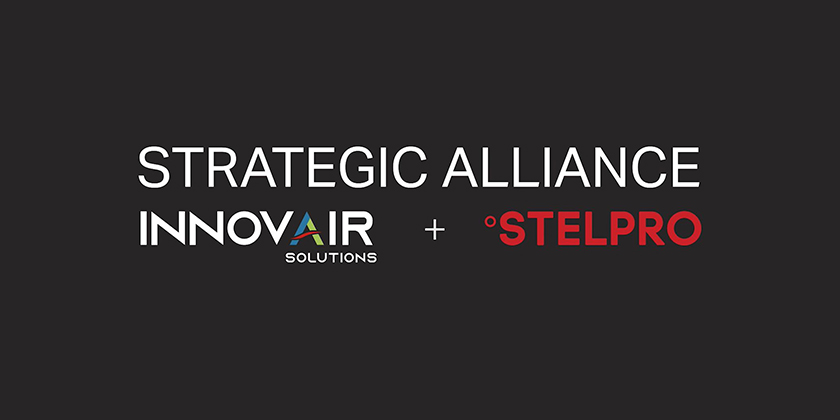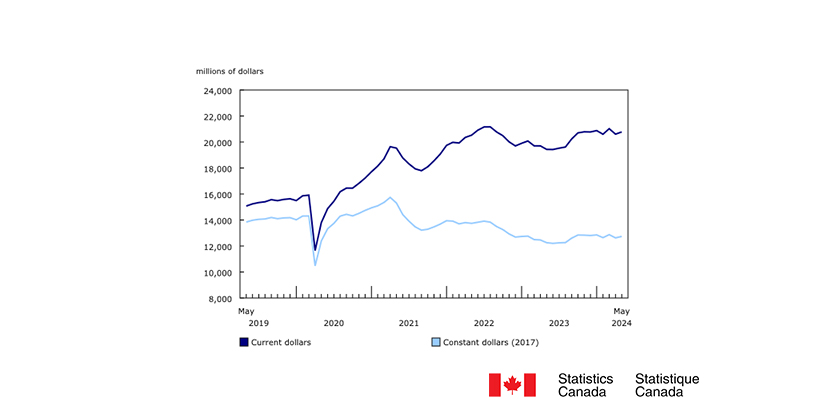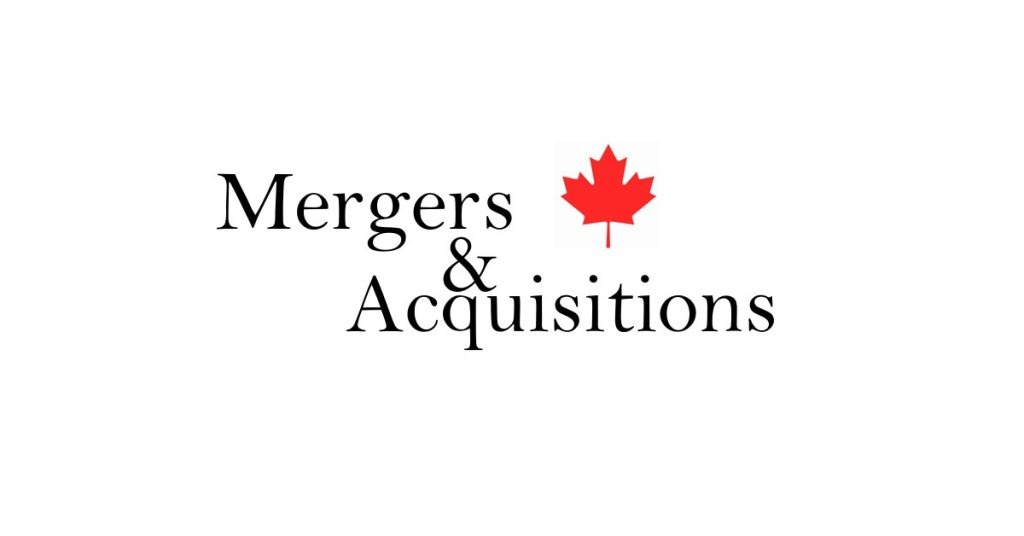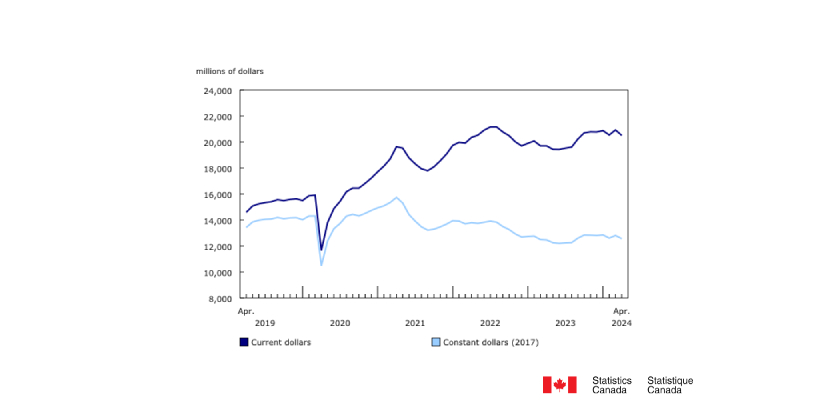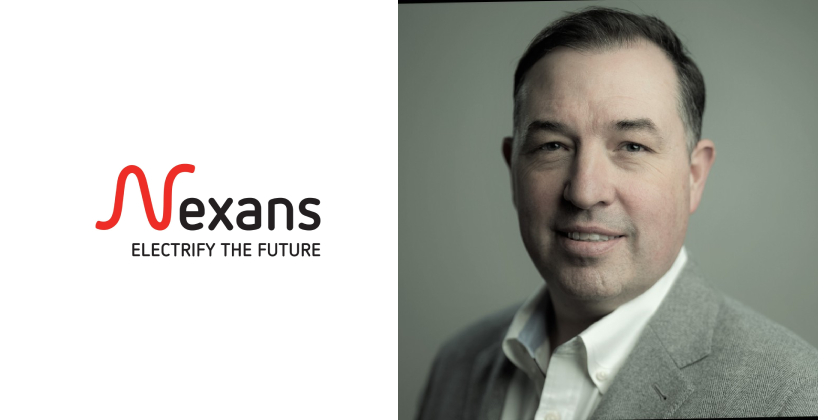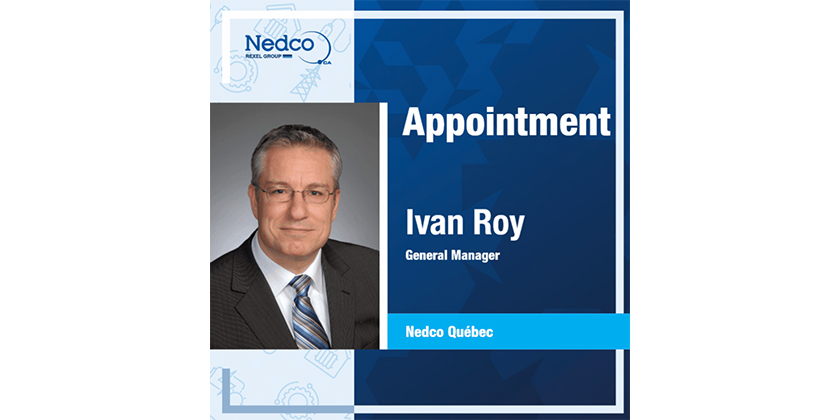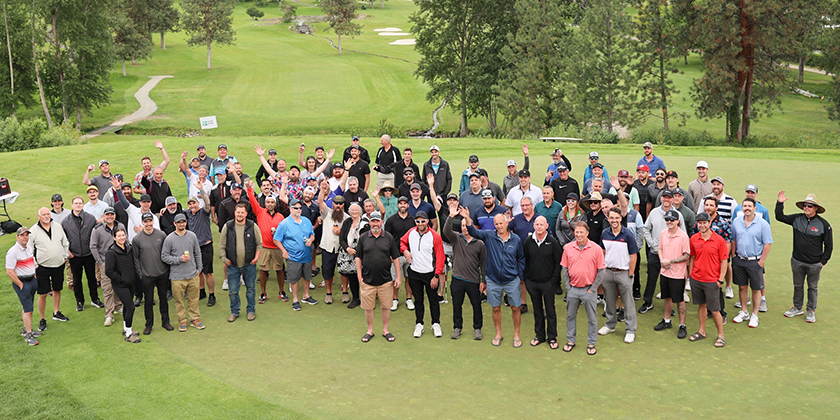Reality Checks
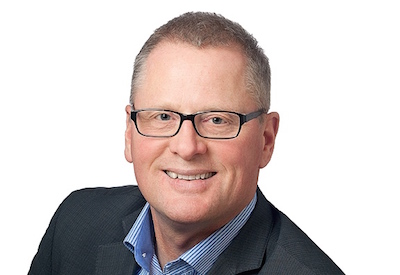
Jan 21, 2019
By Keith Sones
Sometimes life throws you a curveball. On occasion they are subtle, nudging you in a different direction or providing you an additional option when you are in the process of making a decision. And just as often they blast at you like a freight train, leaving you sweaty and trembling on the side of the tracks. No warning, no apology. But powerful. This was my December experience, and it gave me insight like nothing else could.
Let me set the stage. I grew up in northern British Columbia where the winters were long and very cold, and sunlight was short lived. The chill would set in during late October and by December it was a full-on deep freeze. In my childhood, I battled the cold with layers of clothing, boots, toques and mitts. As I grew older and opened the aperture on what the world had to offer, I realized that there was a better way to warm up in the depths of a Canadian winter — the venerable Californian creation known as the hot tub.
It took many years to secure the dream of backyard spa ownership, and while it was a hassle to install (Electrician: “You don’t have enough room in your panel, you will need a new electrical service.” Me: “Ouch. OK.”) and cost more than I thought, I now have the ability to fend off the winter cold with a quick sprint from the back door. Descending into the 103 degree water is as good as it gets.
In mid-December, with the west coast storm season fully underway, I decided that life would be immediately made better by a deep soak. With my towel in one hand and a steaming cup of hibiscus tea in the other, I made the short trek to the tub and settled into my favorite spot. The jets of water pummeled my back and neck, and steam rose around me like a Yellowstone geyser. Heaven.
While not as frequent a “tubber” as myself, my wife Rosanne joined me in the spa and we chatted about the events of the day. Enjoying the heat and the escape from the evening chill, I took a hearty drink of the herbal tea and leaned back. It was at that point I felt that something was a bit off. My vision grew blurry and I felt dizzy even though I was not moving. Thinking that some cooler air might make me feel better, I attempted to stand up with the intent of leaning over the edge of the tub and gulping a few breaths. I didn’t make it. Falling back into the water, I recall seeing the purple lights of the tub cast an eerie glow through the steam filled air, then… nothing.
The next 45 seconds are non-existent in my memory. From what Rosanne told me later, she watched me attempt to stand, saw my legs buckle and my head droop, then observed me sliding under the water. Initially she wasn’t entirely sure what I was doing, but quickly realized that I was in distress, so launched herself across the eight-foot distance and pulled my head above water. Imagine if you can her small 5’3” frame wrestling my 6’3” 210 -pound mass out of the bubbling water in relative darkness, and you’ll understand it was no small feat. I slowly regained awareness, with the soft purple glow informing me that I was once again in the land of the conscious. Groggy but awake, Rosanne helped me out of the water and into the house.
It’s a very strange feeling to miss even a small portion of your life, and even more worrying to not know why. I’d been in that same tub dozens of times and always felt fine. Narrowing down the possibilities, I recognized that the only difference was the hibiscus tea. Now, herbs in hot water is not the first thing that springs to mind when I think of a clear and present danger, but a bit of research showed that hibiscus is indeed used to intentionally lower blood pressure. It seems that the combination of heat and the flowery plant had been the culprit, causing my arteries to expand, reducing blood flow. Had Rosanne not been there, it likely would have been the end. I sure didn’t see that coming. Simple situations can cause grave harm, and you can’t anticipate everything.
A few days later and now fully recovered, I flew to Whitehorse (north of the 60th parallel for those that aren’t familiar with Canadian geography) with Rosanne and our son Hunter to spend Christmas with our daughter Hollie. She had relocated to the northern city several months prior, accepting a position as health and safety supervisor for a construction company. We had been looking forward to the trip for some time, with northern lights, dogsledding and a traditional northern Christmas in the offing.
The time with family was much appreciated and allowed me to relax a bit after what had been a busy year. The northern darkness was comforting in a weird way, adding to the wintry mystique of the north. December 21, the “shortest” day of the year, came with the promise of sleeping in and the possibility of a wondrous show of the Aurora Borealis.
Settled into a deep sleep, I was dreaming peacefully when my phone rang intrusively. Glancing at the clock and seeing it was four in the morning, I picked up the mobile, failing to recognize the caller ID. Ordinarily I would chalk it up to a wrong number from a distant time zone and go back to sleep. But since I was now awake, I answered.
My sister was on the line, and stated gravely but clearly, “Hi Keith. It’s Heather. Dad just died.”
Silence and heartache. My father had enjoyed a long and productive life, dedicating many of his 90 years to helping others. He had been recognized as both volunteer and citizen of the year in his adopted hometown of Dawson Creek, and passed away in his sleep. By all accounts he lived well. But all of that doesn’t take away the sting of loss and the recognition that if I had anything left to say or wanted to spend more time with him, those opportunities were now gone.
The days following brought on a tug of war between the melancholy that flows from loss and the happiness of being with my family at Christmas. Mixed emotions to say the least. There was also an unexpected insight, actually two, that arrived at my mental doorstep.
The first was that in the natural order of things, I’m next. My mother passed away several years ago and now there is no barrier between me and the eventual end, which I hope is still many years away. But there is no escaping the inevitable fact.
Which led to the second reality check. No one is here forever and if you need to get something done, especially important things, you have a finite amount of time to do it. Of course we all logically know that, but I was really surprised, after even a few days of my dad passing, that emotionally I had never accepted it. As long as he was alive, part of my mind told me that I was invincible and would live for eternity.
Unlike my father, I haven’t dedicated my life to running foodbanks, supporting women’s shelters and housing the unfortunate. I have definitely contributed to worthy causes, teaching kids and mentoring when able. But while any of us can do anything, we can’t do everything. My path has been different, the focus being on the high voltage electrical industry and trying to bring as much value as possible through ideas for improvement, driving the message of safety and engaging in discussion about cost reduction. And now I know something else with certainty and newfound clarity. If we want to evolve this sector and tackle the big issues like integrating renewable energy, working through the problem of stranded grid assets and refreshing an ever aging multi-trillion dollar power system, all the while keeping costs in line with the consumer’s ability to pay the bill, time is not on our side.
The issues are in most cases well known, but the solutions are more problematic. Will the utility of the future look anything like today, or will there be a series of self-contained microgrids? Who will pay for the necessary grid upgrades? Will we end up creating a chasm between energy haves and have-nots? Will the costs of wind and solar continue to decrease so that in a few years they will be ubiquitous, like cell phones? Can we make power cheaper while holding the line on the incredible reliability the developed world enjoys?
Fortunately, there are answers to these large broad questions, and the future does indeed look bright. But only if we discuss, analyze, agree and act. And now.
The generations before us left us the legacy of the power grid, often called the most significant engineering feat in history. It has brought us many other benefits — access to medicine, longer lives, comfort, running indoor hot water, and so on. And now the next phase must be designed and managed. So let’s talk.
Keith Sones is Vice President, National Business Development, The Valard Group of Companies.



